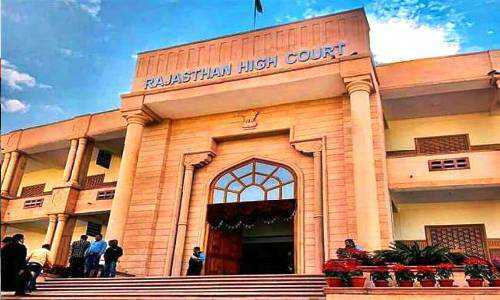
By means of its decision from September 7, 2020 in the case of Punjab National Bank v. Mittal Corp Limited (Company Appeal (AT) (Insolvency) According to the NCLT Kolkata Bench's judgement, CIRP was started in the current case against Binani Cements Limited in accordance with Section 7 of the I&B Code, 2016. Shri Vijay Kumar V. Iyer was subsequently chosen to serve as the IRP. In accordance with the law and with due diligence, he compiled and verified each claim, determining which claims belonged to the Revenue Department and totaled INR 72.85 Crores.
The resolution plan was also approved by the NCLAT in an order dated 14.11.2018. The Bank of Baroda (Financial Creditor) then challenged this decision in the Apex Court, but the Apex Court upheld the NCLAT's decision, giving the resolution plan approval finally. In accordance with this ruling by the Supreme Court, the petitioner (Ultratech Tech Nathdwara Cement Ltd Successful Resolution applicant) assumed control of the Corporate Debtor, put the resolution plan's conditions into effect, and made the necessary payments to all of the creditors.
In the instant case titled Ultra Tech Nathdwara Cement Ltd v. Union of India through the Joint Secretary, Department of Revenue, Ministry of Finance and Ors., the issue raised for clarification before the High Court was:
Whether the resolution plan is binding on all stakeholders?
With regard to this issue, the Hon'ble High Court noted that the Central Government, State Governments, and local authorities have been brought under the scope of the Approved Resolution Plan that is binding on them and their departments as a result of the modified Section 31 of the IBC. IBC mandates that the settlement of statutory dues as specified in an approved resolution plan becomes binding on all such authorities to whom such dues are payable by the corporate debtor, and in this case, the interests of the department are better protected under the Ultratech Resolution Plan. The goal of IBC is to ensure that industry in distress does not fade into oblivion and can be revived by virtue of the resolution plan.
The Court categorically stated that,
"Therefore, we are of the firm opinion that the respondents would be acting in a totally illegal and arbitrary manner while pressing for demands raised vide the notices which are impugned in this writ petition and any other demands which they may contemplate for the period prior to the resolution plan being finalized."
As a result, it was determined that the Department's decision to send Demand Notices was unlawful, arbitrary, and could not be upheld, and this writ appeal was accepted.

